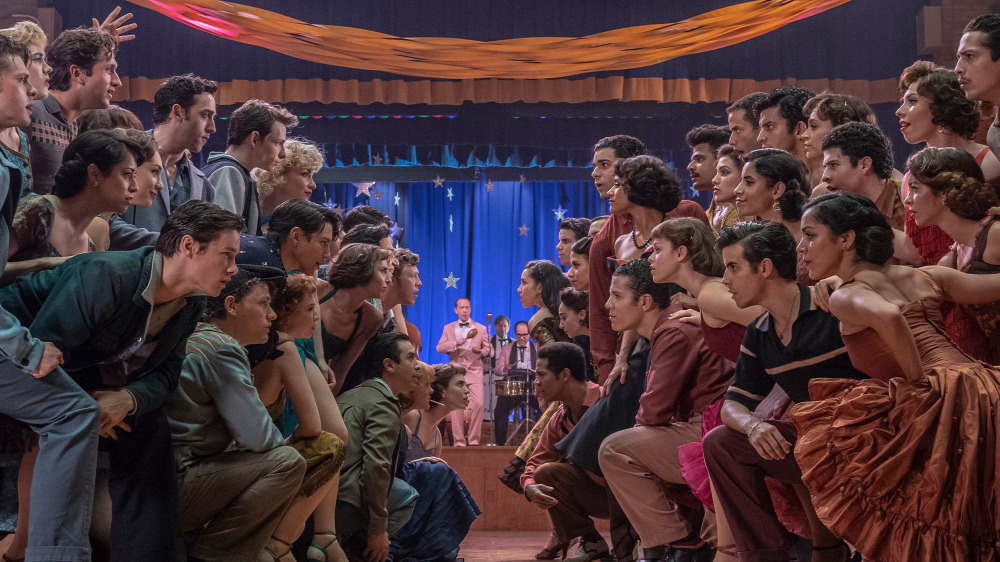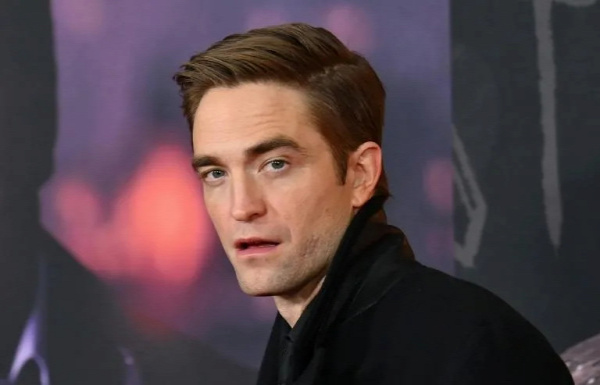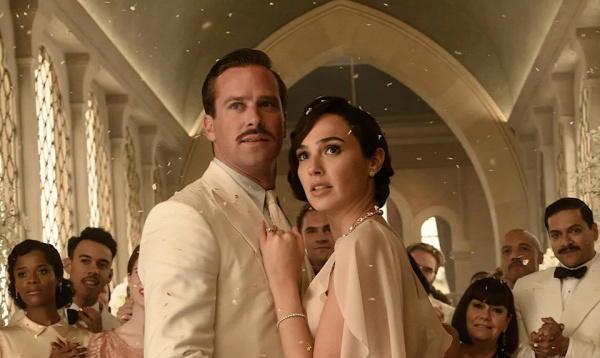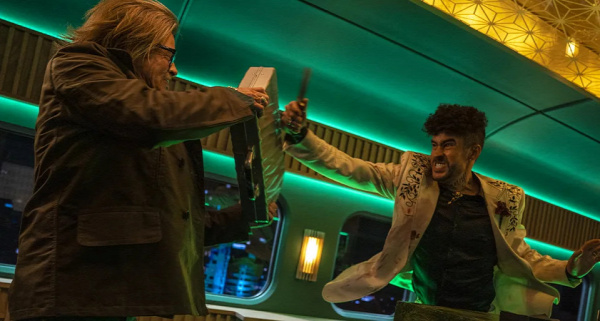Superheroes have increased strength is common in comics, serving as ways to put characters to face more powerful enemies. Robbie Reyes, the Ghost Rider, is one of the most recent examples of this situation at Marvel, as shown in Avengers Forever #3 during a showdown against a villain using a Venom-like symbiote.
Also read: Beautiful Oslo pictures have nothing new to tell
Warning: spoilers!
Reyes has recently become an entity known as the All-Rider, a title that allows him to transform any vehicle into a demonic version of himself, unlike other spirits of vengeance who can normally only transform a single one — especially motorcycles.
And Reyes utilizes that power in spectacular fashion in Avengers Forever #3, right after the room in which he was being tortured by a variant of the Red Skull that utilizes a Venom symbiote.
As the villain tortured Reyes, Earth-818's Ant-Man Tony Stark arrives at the scene, and distracts the antagonist long enough for the Spirit of Vengeance to regain its strength.
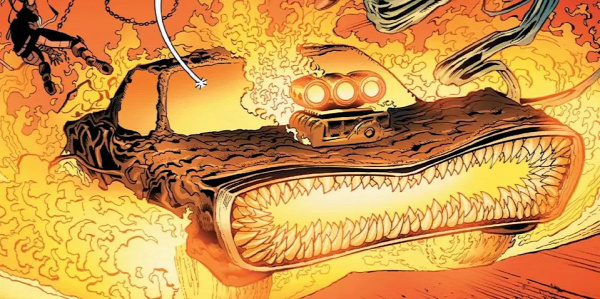 The Venom car. (Image: Reproduction/Marvel Comics)
The Venom car. (Image: Reproduction/Marvel Comics)
With his energies recovered, Reyes begins his assault, revealing to the villain that the symbiote can also be a vehicle, depending on the user, which causes the hero to convert it into a demonic car - and thus escape captivity.
We don't know if in the next editions the Ghost Rider will continue to use the symbiote as a car, but without a doubt this ends up showing a great use of the character's power - and also that, considering the prominence and strength of these aliens in Marvel, currently, it ends up being making something very impressive.
With his energies recovered, Reyes begins his assault, revealing to the villain that the symbiote can also be a vehicle, depending on the user, which causes the hero to convert it into a demonic car - and thus escape captivity.
We don't know if in the next editions the Ghost Rider will continue to use the symbiote as a car, but without a doubt this ends up showing a great use of the character's power - and also that, considering the prominence and strength of these aliens in Marvel, currently, it ends up being making something very impressive.
At the same time, it is common knowledge that the hosts of the symbiotes are obstinate in retrieving the alien - which may indicate a scenario for the next confrontation between the characters, which may occur in the next editions of Avengers Forever.

